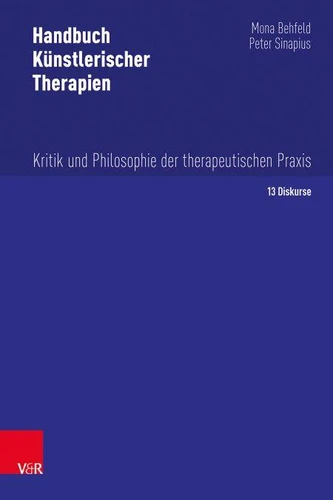Konfessionelle Theologie und Migration. Die Antwerpener Gemeinde Augsburger Konfession im
Par : ,Formats :
Disponible dans votre compte client Decitre ou Furet du Nord dès validation de votre commande. Le format PDF est :
- Compatible avec une lecture sur My Vivlio (smartphone, tablette, ordinateur)
- Compatible avec une lecture sur liseuses Vivlio
- Pour les liseuses autres que Vivlio, vous devez utiliser le logiciel Adobe Digital Edition. Non compatible avec la lecture sur les liseuses Kindle, Remarkable et Sony
 , qui est-ce ?
, qui est-ce ?Notre partenaire de plateforme de lecture numérique où vous retrouverez l'ensemble de vos ebooks gratuitement
Pour en savoir plus sur nos ebooks, consultez notre aide en ligne ici
- Nombre de pages402
- FormatPDF
- ISBN978-3-647-56721-1
- EAN9783647567211
- Date de parution14/05/2018
- Protection num.pas de protection
- Taille6 Mo
- Infos supplémentairespdf
- ÉditeurVandenhoeck & Ruprecht
Résumé
The Antwerp congregation of the Augsburg Confession of the year 1566/67 was the largest and most important Lutheran congregation of the Netherlands and of outstanding importance for the development of dutch Lutheranism. Before they were expelled, gnesiolutheran theologians such as Matthias Flacius and Cyriakus Spangenberg worked in the congregation. In this investigation the author shows how the daughter congregations and their connections to the Antwerp mother congregation were organised, and examines other consequences of the emigration.
The book builds a bridge from the prerequisites that led to the founding of the congregation to the emergence of other congrations.
The book builds a bridge from the prerequisites that led to the founding of the congregation to the emergence of other congrations.
The Antwerp congregation of the Augsburg Confession of the year 1566/67 was the largest and most important Lutheran congregation of the Netherlands and of outstanding importance for the development of dutch Lutheranism. Before they were expelled, gnesiolutheran theologians such as Matthias Flacius and Cyriakus Spangenberg worked in the congregation. In this investigation the author shows how the daughter congregations and their connections to the Antwerp mother congregation were organised, and examines other consequences of the emigration.
The book builds a bridge from the prerequisites that led to the founding of the congregation to the emergence of other congrations.
The book builds a bridge from the prerequisites that led to the founding of the congregation to the emergence of other congrations.



